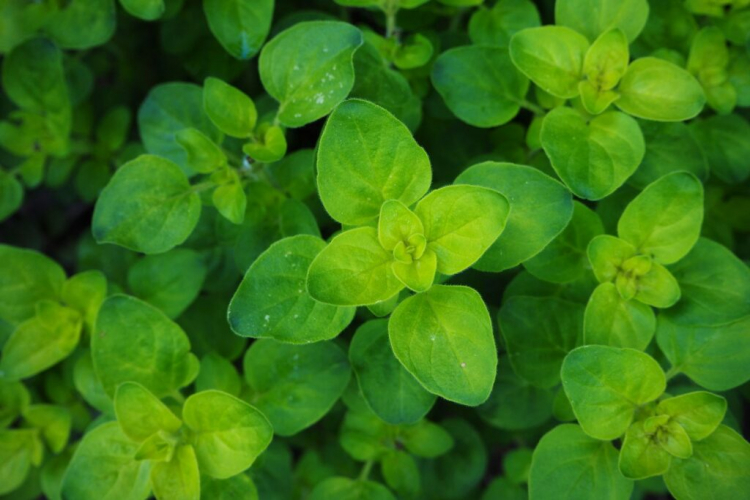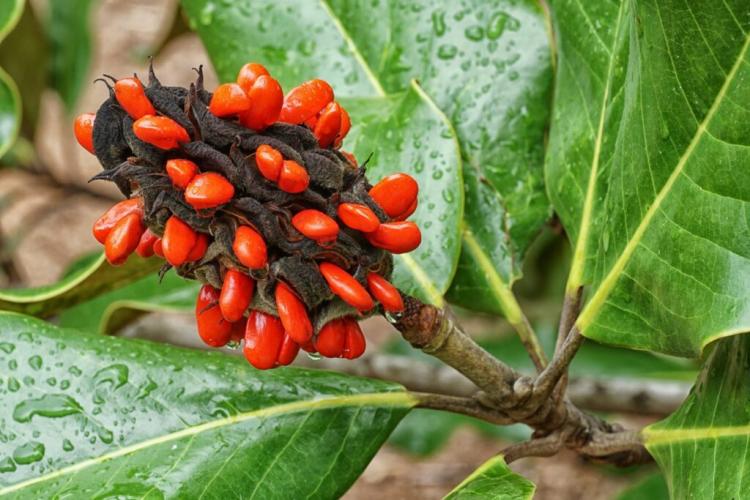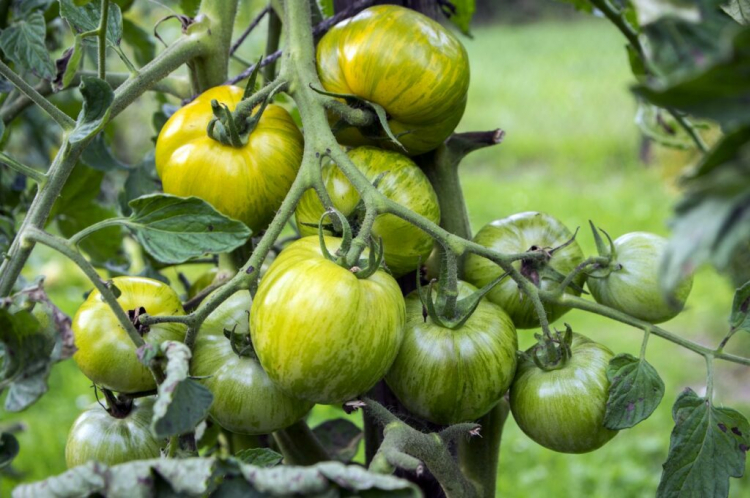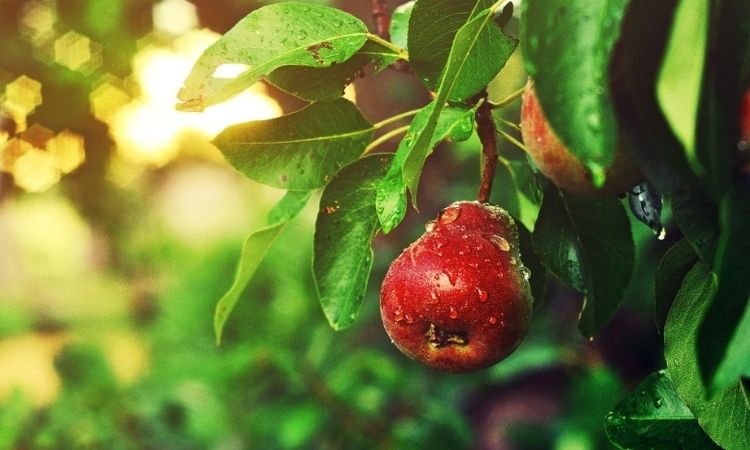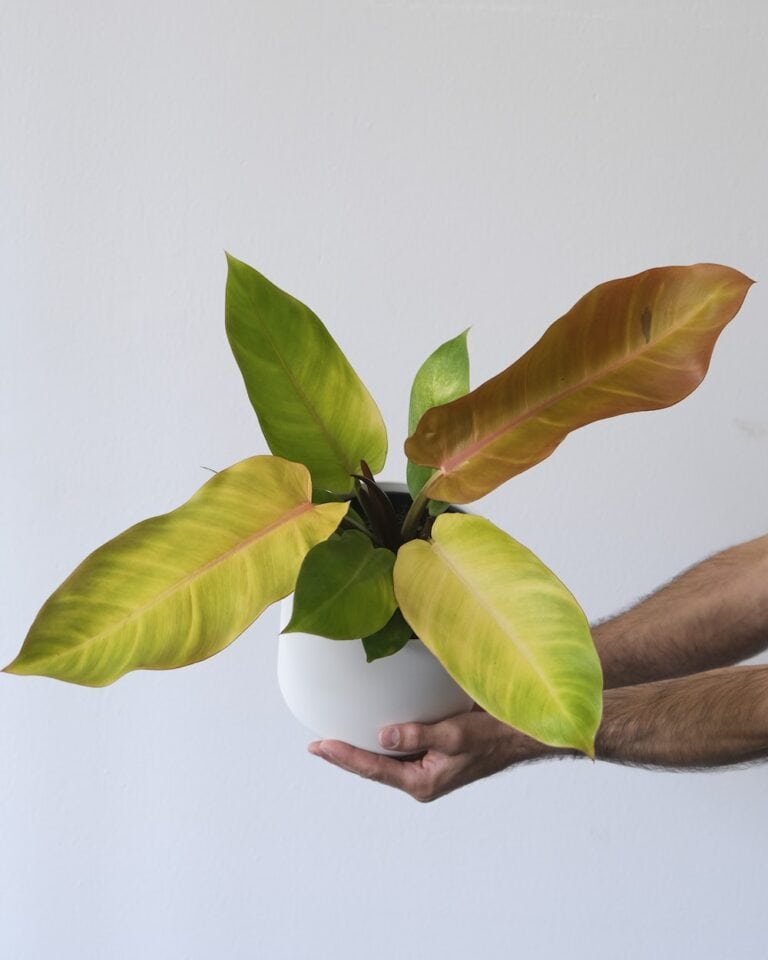Marjoram And Oregano: Differences Between Two Related Herbs
Marjoram and oregano belong to the same genus. But what is the difference between marjoram and oregano and how can you tell them apart? Marjoram ( Origanum majorana ) and oregano ( Origanum vulgare ) can both be found in almost every herb garden. But the two plants have more in common than just their popularity in the garden – in fact, oregano and marjoram belong to the same plant genus called Dost ( Origanum ) and are therefore closely related.
So it’s no wonder that it is not so easy to tell the difference between marjoram and oregano. However, if you take a closer look, you will quickly notice that there are some differences between marjoram and oregano. Whether it’s taste, use or care in the garden: we list some properties that you can use to distinguish marjoram and oregano.
Marjoram and oregano: differences in taste
Table of Contents
Marjoram and oregano are both typical Mediterranean herbs and are therefore often confused. But that’s not because the plants taste similar – in fact, you can simply taste the difference between oregano and marjoram: In general, the oregano has a much more intense flavor. It is a bit bitter in taste, while the marjoram appears almost sweet. Because of its distinctive taste, oregano, unlike marjoram, is often used as the sole spice for a dish. Marjoram, on the other hand, can be combined excellently with other herbs and spices thanks to its rather mild taste.
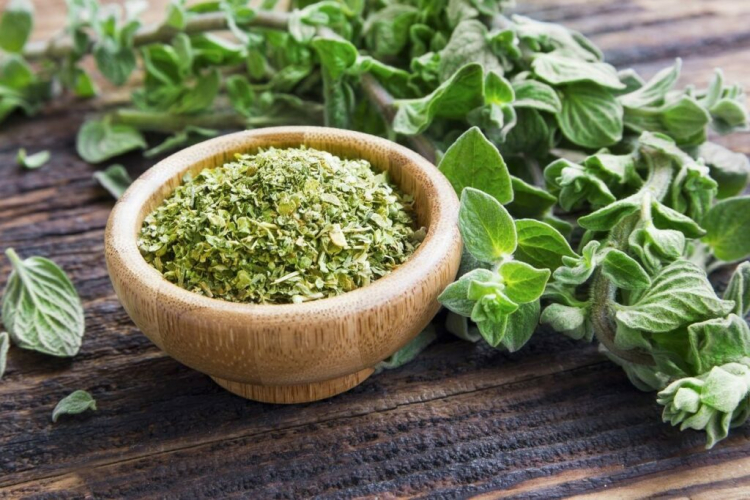
Use of oregano and marjoram compared
Both marjoram and oregano have a permanent place in Mediterranean cuisine and are often used for seasoning. However, you rarely find the two herbs in the same dish – the main difference between marjoram and oregano lies in the way they are used. Oregano is mainly used as a spice for pizza, which is what earned it the name of pizza herb. Its rather bitter aroma can also be wonderfully combined with tomatoes in all variations.
Compared to oregano, marjoram likes it much heartier: stews, potato, and meat dishes particularly benefit from the spicy plant. Sausages are also often refined with the herb. For this reason, the marjoram is also known under the name “Wurstkraut”.
You might so like: Okra Plants: How To Grow Ladies’ Finger In The Garden
Differences in appearance between marjoram and oregano
Even if laypeople in particular sometimes have difficulty recognizing the difference between marjoram and oregano, with a little practice the plants can also be distinguished from one another in the bed: The leaves of marjoram are usually smooth and oval. The leaves of oregano, on the other hand, are significantly more pointed and have fine, soft hair. You can distinguish oregano and marjoram particularly well if you touch the leaves with your fingers – the fine, soft hair of oregano flatters the skin in a completely different way than the smooth surface of marjoram.
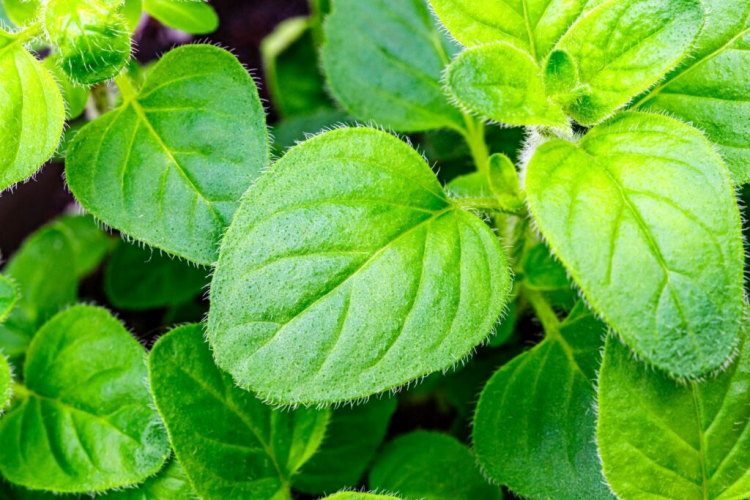
Oregano and marjoram: comparison of winter hardiness and care
If you compare marjoram and oregano, not only are the external differences noticeable, the two plants also have different requirements when it comes to caring. Unfortunately, marjoram is not hardy in our latitudes because it is very sensitive to frost. For this reason, the plant is usually grown annually in the garden. The oregano, on the other hand, can cope with temperatures down to -15 ° C and thus take root in the garden for several years.
Both herbs have one thing in common: they need the right substrate so that they can develop their full potential. Ideally, the herbs should be planted in high-quality herbal soil. This not only contains the right nutrient composition but also enables optimal root growth thanks to its loose structure. In the right substrate, both herbs are considered easy to care for and hardly need any attention. Marjoram and oregano should only be watered regularly if it is dry for a long time.
Ultimately, the two-dose marjoram and oregano are sometimes clearly different. That is why they are also used for various preferences in the kitchen. They have recently earned a place in the garden thanks to their magnificent and insect-friendly flowers. For more bee-friendly herbs, see this article.
